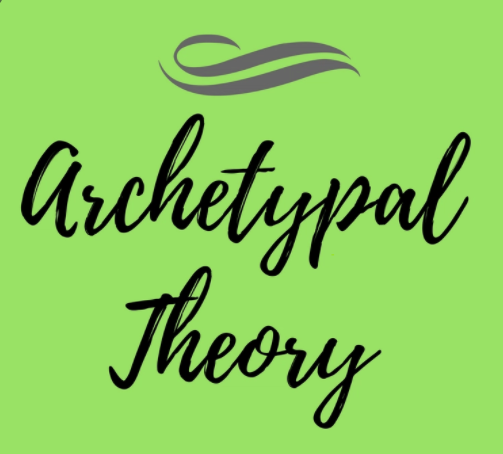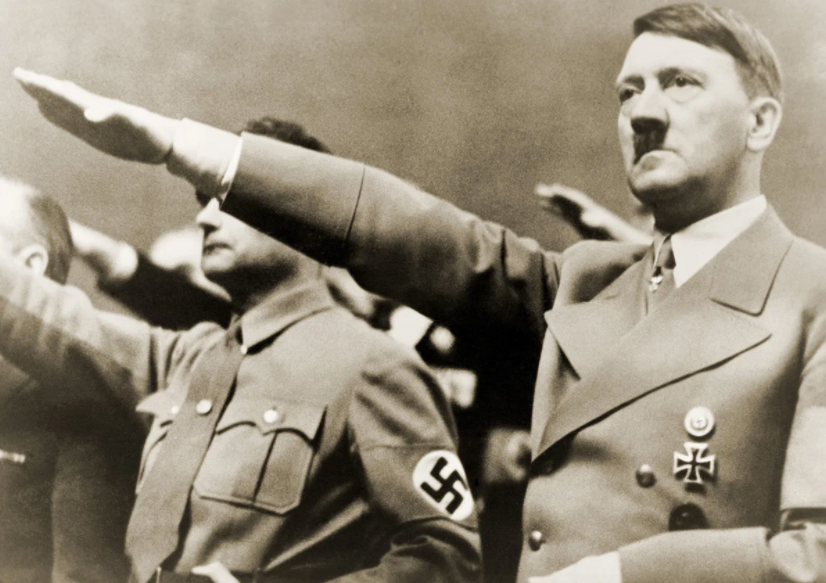The Theory that Provided the Most Insight is...
- reb2003thompson
- Jul 27, 2020
- 4 min read

Image Source: (Cornsmashers)
Well, here it is – my final Blog post about “The Book Thief”.
When I reflect on “The Book Thief” and my previous Blogs I find that analyzing the book from different literary perspectives has given greater insight and meaning to the text. Initially I analyzed it from a Reader’s Response viewpoint, secondly from an Archetypal lens and finally from a Postcolonial perspective. When I reviewed my past Blogs and reflected on my analyses I knew right away that the Archetypal Literary theory gave me the most insight into my book.
Image Source: (Douzanis)

First of all it helped me to better connect with Han’s because I had a greater understanding of his character. Without the perspective of the Archetypal Literary theory I wouldn’t have necessarily acknowledged Han’s Hubermann as representing a mentor for Liesel but would just have thought of him as a kind foster father. However, looking at him as a mentor highlighted how he acts as a role model and imparts his wisdom and morality to her, helping her to grow as the heroine. For example, she is present when he gives the bread to the Jewish prisoner (Zusak 394) and this encourages her to act with the same bravery. Han’s actions show that they had an impact on, not only Leisel, but on Rudy as well; this is shown when Rudy and Liesel “handed out the pieces of bread on the road” deciding that “It was worth the whipping.” (Zusak 440) Moreover, viewing Hans as Liesel’s mentor brought to mind that I too have a mentor in my life - my mother. It made me realize that she and Hans have many things in common such as bravery, love and acceptance. And just like Liesel I, too, want to be a “heroine”. I ask myself:
Am I a heroine? Do I stand up to peer pressure, stand up for the oppressed? Would I
run out into the middle of the street and hand over a piece of bread to a starving person
knowing I would be whipped and looked down upon for it?
Image Source: (Fandom)

Clearly, Hitler and those that followed him represent the Villain archetype as well as a general force of Evil. As Death says, “I attend the greatest disasters and work for the greatest villains.” (Zusak 549) Looking at the book as a whole gives “The Book Thief” the universal theme of Good versus Evil like many other books and movies I have read or watched such as the Harry Potter and Lord of the Rings series. On a personal note I am reminded of my Catholic faith – the battle of Evil (the devil and his forces) against God and His Goodness.
Finally, analyzing “The Book Thief” from the Archetypal literary theory makes me think about how we all have the Villain or Heroine archetype within us and oftentimes bits of both. Hans as a Mentor archetype and Liesel as a Heroine archetype have within them the courage and strength to act according to their morals and against the hate and destruction of those around them. In contrast, the author Tim in “On The Rainy River” does not behave as a hero (at least according to his own standards); instead he pushes aside his morals, succumbs to the powers that be and chooses to fight in a war that he believes is wrong. He states, "I survived, but it's not a happy ending. I was a coward. I went to the war." (O'Brien) This battle between Good and Evil is something we all struggle with, whether it be in small personal decisions we make in our daily lives or grappling with much larger issues such as fighting in a war.
A very interesting piece of information came to my attention when I was writing this Blog and looking for images/videos. A video clip caught my attention featuring the author, Marcus Zusak, discussing the original inspiration for writing the book. I had no idea when I decided to include the quote about Hans enduring a whipping for giving a piece of bread to a Jew that it was actually based on a real life event! I found it very moving and it served to highlight the meaningfulness of this work of fiction. Here is the video clip:
Video source: (Random House Kids)
As I come to the end of my final Blog on “The Book Thief” I have one last thing to say; and I will choose it say it in the style of the book itself….
* * * READ THIS BOOK! * * *
Very well-written.
Has a great story line.
Creative and engaging style.
Contains an important lesson in morality.
Has a personal impact.
Works cited
Cornsmashers. “Archetypal Theory.” Literary Criticism, 2 June 2018,
Douzanis, M. “Why My ‘Step-Father’ Will Always Just Be My Dad.” The Odyssey Online, The
Odyssey Online, 15 Oct. 2019, www.theodysseyonline.com/why-my-step-father-will-
Fandom. “Good vs. Evil.” Heroes and Villians Wiki, heroes-and-villians.fandom.
com/wiki/Good_vs._Evil.
O'Brien, Tim. "On the Rainy River." The Things They Carried. New York: Houghton Mifflin,
1990
Random House Kids. "Interview with Markus Zusak, author of The Book Thief." YouTube, 1
Zusak, M. The Book Thief. New York. Alfred A. Knopf, 2007.







Comments